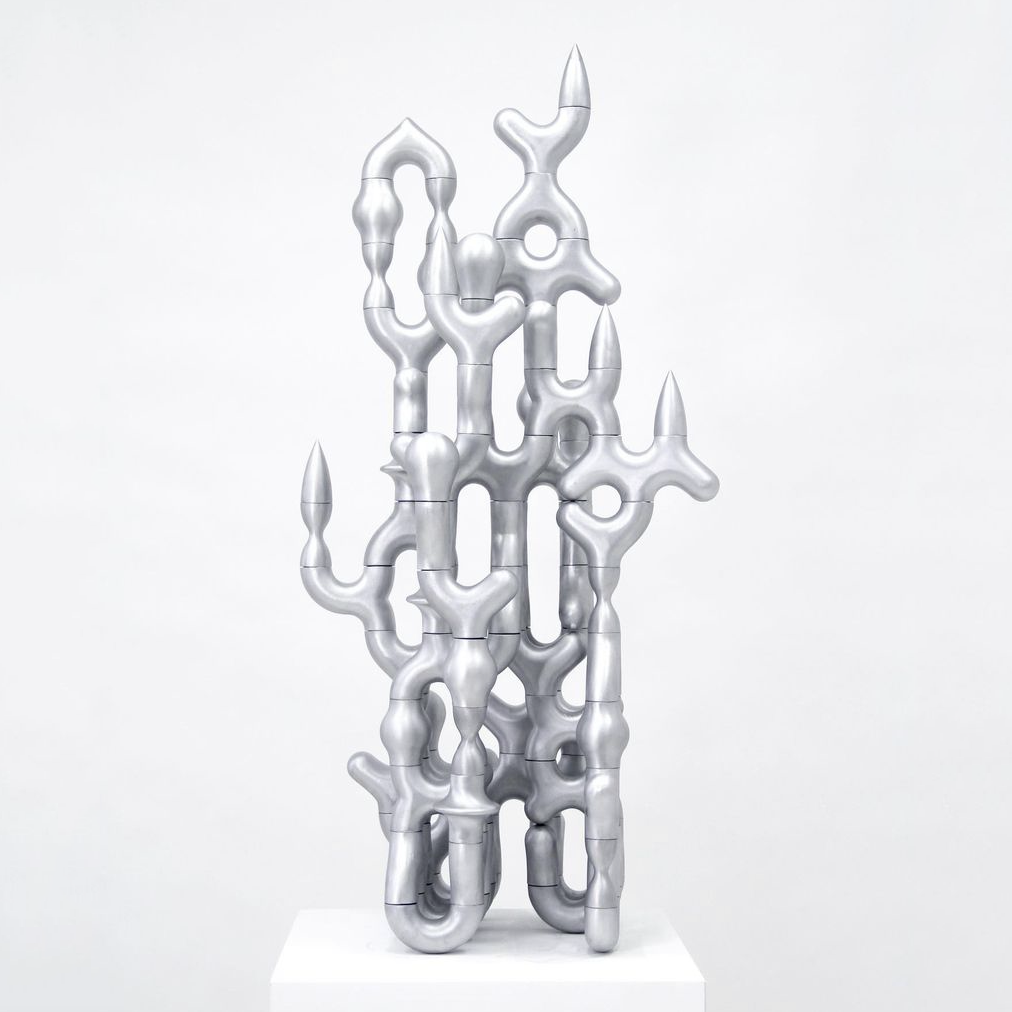The future of Aluminum Metal Casting and its innovation in global manufacturing
Ideal Practices for Upkeep and Applications in the Aluminum Shop Market: A Detailed Summary
Keeping equipment in the aluminum shop sector is essential for functional success. Routine assessments and anticipating upkeep can considerably decrease downtime and boost safety. Advanced technologies, such as IoT and data analytics, play an essential duty in this process. Recognizing the full range of ideal practices needs a better exam of particular methods and their influences on effectiveness. What are the vital parts that contribute to a trustworthy upkeep framework?
Importance of Routine Maintenance in Aluminum Foundries
Routine upkeep plays an essential duty in the reliable operation of aluminum foundries. By systematically servicing and examining devices, foundries assure peak performance and longevity of machinery. Regular upkeep tasks, such as element, lubrication, and cleansing replacement, help avoid unexpected malfunctions that can bring about pricey downtime.
Regular checks enhance workplace safety by recognizing prospective hazards before they escalate right into severe issues. Tools that is well-maintained operates extra successfully, resulting in improved product quality and lowered waste. Furthermore, adherence to an organized maintenance routine can support conformity with market regulations, consequently cultivating a reputation for integrity and high quality within the marketplace.
Applying Anticipating Maintenance Approaches
Predictive upkeep approaches take the concepts of routine upkeep a step additionally by leveraging information analytics and advanced surveillance technologies. In aluminum shops, these techniques make it possible for operators to expect tools failures before they happen, consequently reducing unexpected downtimes and optimizing operational effectiveness. By using sensors and IoT gadgets, real-time data can be collected on machine performance, enabling for the identification of potential concerns through anticipating analytics.
Optimizing Melting and Pouring Procedures
Effective melting and pouring procedures are important for taking full advantage of efficiency and ensuring the top quality of aluminum spreadings. To boost these procedures, factories need to focus on specific temperature control during melting, as this directly affects the metallurgical homes of the alloy. Using innovative melting innovations, such as induction and resistance melting, can boost energy effectiveness and lower cycle times.
Applying automated putting systems lessens human error and maintains consistency in the putting procedure. Appropriate mold preparation, consisting of appropriate preheating, is vital to protect against thermal shock and enhance mold longevity.

Enhancing Safety And Security Protocols in Shop Operations
Prioritizing security in aluminum shop operations is vital for safeguarding workers and ensuring an efficient setting. Reliable safety and security methods consist of routine training sessions that highlight the value of individual protective devices (PPE), this article such as goggles, safety helmets, and gloves. In addition, the facility of clear emergency procedures is necessary in handling prospective accidents.
Normal evaluations of devices and equipment assistance recognize dangers before they rise right into significant problems. Executing a robust coverage system motivates workers to connect security concerns without anxiety of repercussion. Additionally, fostering a society of safety warranties that every worker recognizes their function in maintaining a safe and secure work environment.
On top of that, guaranteeing proper ventilation and surveillance air high quality can minimize exposure to hazardous fumes and dirt. By reinforcing these methods, light weight aluminum foundries can greatly lower the risk of mishaps and produce a setting where staff members feel valued and risk-free, inevitably enhancing general operational performance.
Leveraging Technology for Improved Effectiveness
Making blog use of advanced modern technology has actually ended up being progressively vital for aluminum shops intending to improve operational performance. Automation and robotics play an important function in streamlining manufacturing processes, decreasing labor prices, and decreasing human mistake. Executing real-time tracking systems allows for the continual evaluation of equipment efficiency, allowing proactive upkeep and lowering downtime.
The combination of information analytics supplies important understandings into functional operations, helping with far better decision-making and source allotment. As an example, anticipating analytics can recognize potential failures prior to they take place, further optimizing upkeep routines.
Additionally, embracing advanced melting and spreading modern technologies boosts power performance and material yield, which are fundamental for sustainability in the industry. By accepting these technological improvements, light weight aluminum shops can not only improve performance however additionally preserve an affordable side in a progressively requiring market (Casting Foundry). Eventually, leveraging innovation is essential in driving technology and improving general operational efficiency within the field

Frequently Asked Inquiries
What Prevail Signs of Devices Put On in Light Weight Aluminum Foundries?
Typical indicators of devices wear in aluminum shops include unusual sounds, decreased continue reading this performance, enhanced resonance, overheating components, leaks, and noticeable corrosion. These indicators usually signify the requirement for maintenance or potential replacement to prevent pricey downtime.
How Can I Train Personnel for Effective Upkeep Practices?
To train personnel for effective maintenance techniques, one can apply hands-on workshops, establish extensive guidebooks, encourage mentorship programs, and carry out normal analyses to evaluate abilities and knowledge, making certain all employees understand upkeep protocols thoroughly.
What Are the Environmental Laws for Light Weight Aluminum Foundries?
Light weight aluminum factories are subject to various environmental guidelines, consisting of exhausts control, waste management, and source preservation. Conformity warranties marginal ecological impact, advertising sustainability while sticking to neighborhood, nationwide, and global ecological standards and guidelines.
Just How Do Shops Take Care Of Waste and Recycling of Light weight aluminum?
Shops take care of waste and recycling by carrying out systems for accumulating scrap light weight aluminum, using sophisticated separation innovations, and collaborating with reusing facilities to guarantee effective recuperation processes, thus lessening environmental impact and advertising sustainability within the market.
What Are the Costs Related To Applying Advanced Technologies?
Applying innovative innovations in shops incurs significant prices, consisting of first financial investment, training, and maintenance expenses. The lasting benefits, such as increased performance and lowered waste, often warrant these expenditures, leading to boosted success. (Aluminum Casting)
